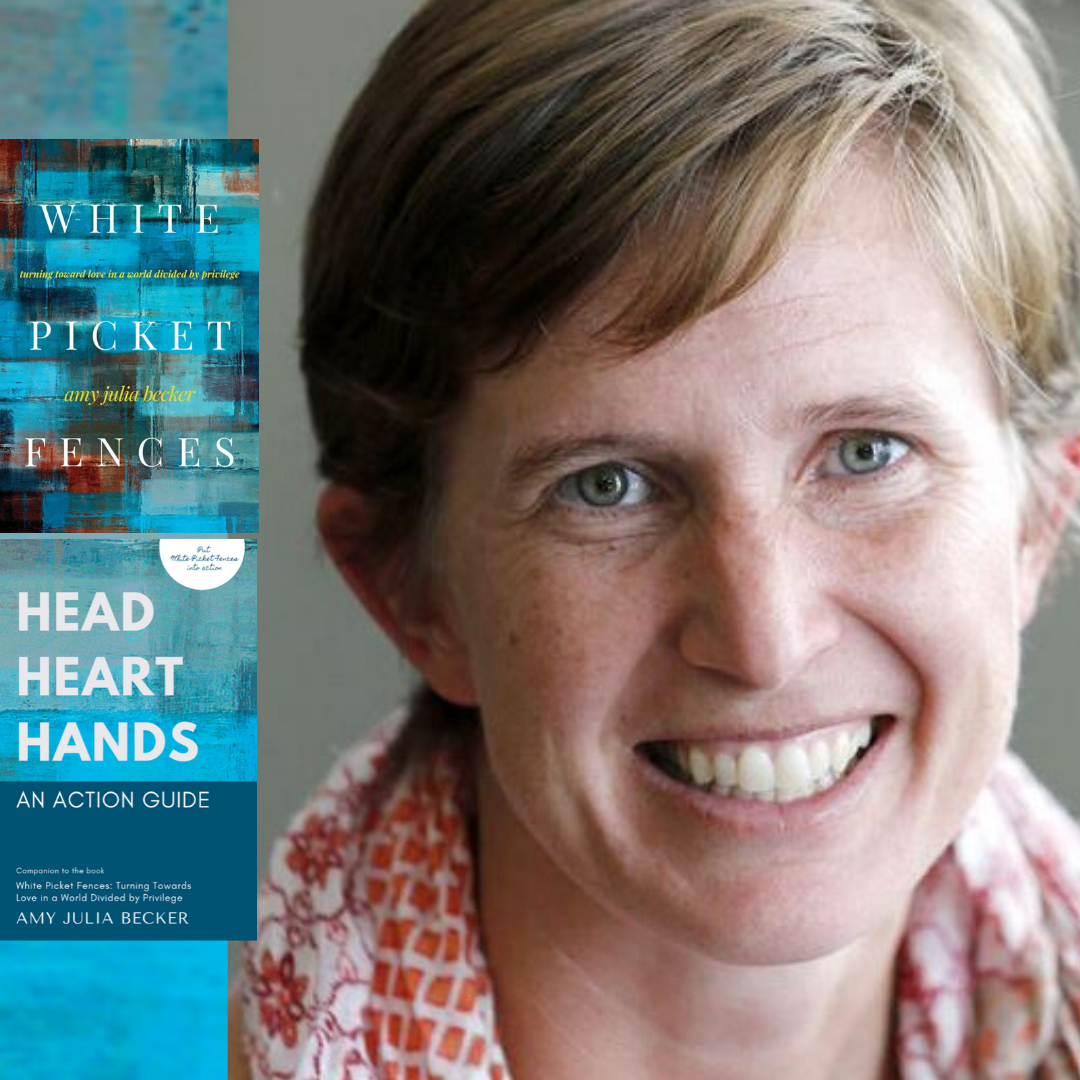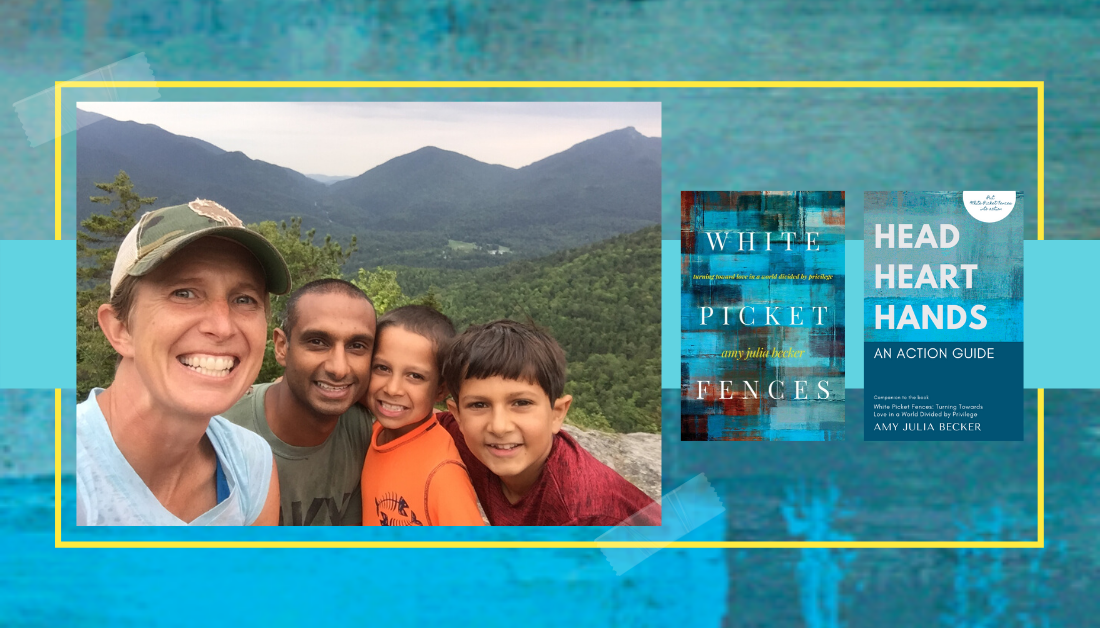
We All Need Healing from Racism is part of a series of posts I’m sharing, written by people who read White Picket Fences and responded to the themes of the book in their local community. I’ve recently published an Action Guide to accompany WPF (you can download it for free here), and these posts will also offer real-life examples of how people are participating in the long, slow, healing work to overcome the harm of social divisions and racism. Today Lawson Wijesooriya talks about her experiences in Richmond, Virginia.
I am a white, wealthy, 39-year-old woman, married to a Sri Lankan man, raising two bi-racial sons, loving an adopted adult black daughter, partnering in business with a 62-year-old black man, and co-housing with a black mother and her two daughters. The power of race and wealth are palpably present for me every single day . . . on purpose. So when I first picked up White Picket Fences, I already knew a great deal about its topic of privilege. I generally approached the book the way a tenured professor would enjoy a book written for a group of Privilege 101 students. I fully expected to affirm its content with a nice pat on the back, but not be personally moved by it.
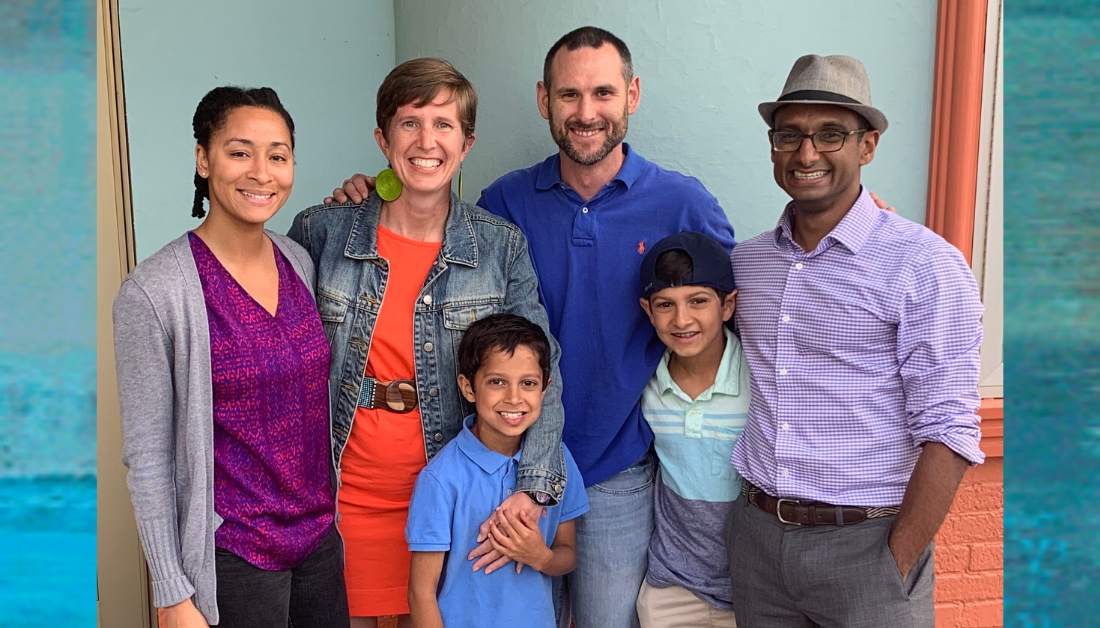
Doing Harm, Intending to Love
But then, as I was reading, two people who I love very much told me that I had done them grave harm by not seeing them fully. They each identified my racial and economic lens as a part of the problem. I initially felt crushed and hopeless. I wondered how it would ever be possible for me to feel reconciled across differences if I had harmed these particular people after years of relational work, honest exchanges, trust building, and yes, love. I was uncomfortable accepting feedback about how I had done harm when my intention was to love. I could not hold two seemingly paradoxical truths simultaneously—that these relationships were loving, mutual, and “good” at navigating our differences, and that those same relationships were causing harm, unequal, and divided by race and class.
A Journey of Tension
I was uncomfortable experiencing the weak position of needing forgiveness. I was uncomfortable that my effort and my goodness were not enough to heal or overcome large cultural divides and a history of mistrust in these personal one-on-one relationships. I was living in the tension of a “world divided by privilege,” and I wanted to retreat to safe ground where I was good and woke and not responsible.
The words of WPF broke me wide open because Amy Julia was also on a journey of tension—“standing in the discomfort of the grief and gratitude of who I am as a child of privilege.” Through her stories she was standing tall, facing her eye twitch, and beckoning me not to be afraid of the tension. The book then became a fellow traveler, a trusted friend with whom to process the very real, specific stories and relationships of my life. God knew that despite my many years of study and practice of racial reconciliation, I still longed for more ways of naming and being with tension. And longing is the beginning of healing.
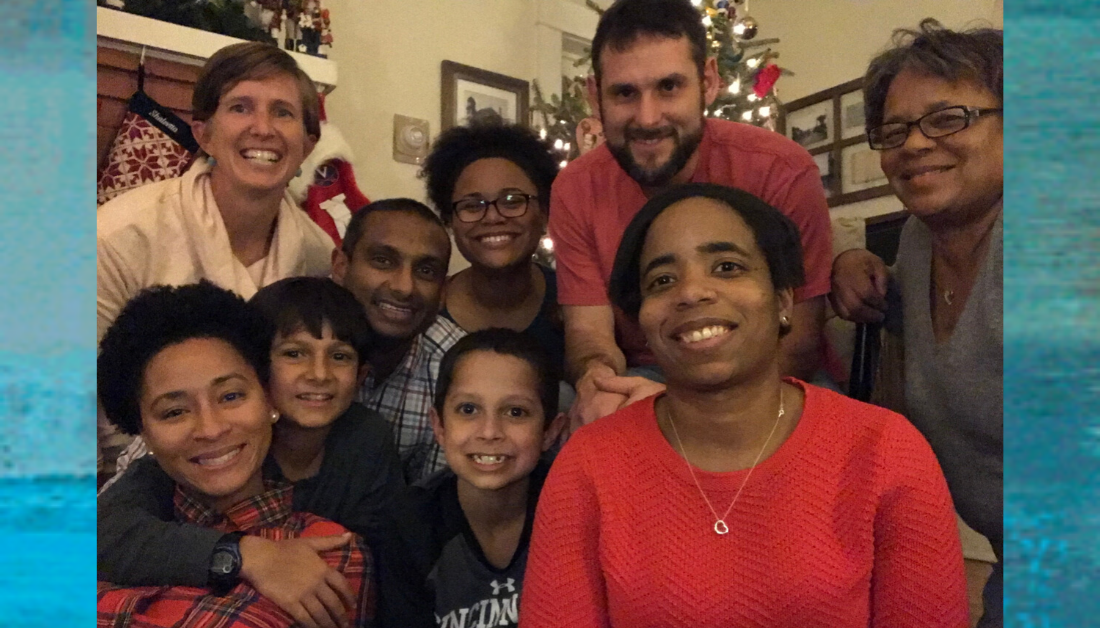
Discomfort of Tension
So I read more books, had more conversations with friends, cried more tears, and prayed more prayers. I also took an on-line learning class called “How to Hold Whiteness Responsibly” taught by Laura Brewer. Through that class, I identified the ways I escape the discomfort of tension unhealthily through judgment or paralysis. If a paradox presents itself in my life, especially one that threatens my identity of “being good,” I quickly pass judgment on who/what was right and who/what was wrong. Once I can categorize right and wrong, I feel more settled, consistent and in control. This works even when I judge that I was wrong, because then I am back feeling good about being the one who could admit that I was wrong! If I cannot get comfortable through judgment, then I simply feel overwhelmed and give up on the tension all together by paralysis of action and emotional reflection. This past year I literally have practiced “holding” paradox and tension without using judgment or paralysis to return to comfort.
Open the Conversation About Race and Privilege
So as I ate humble pie to come down from my professorship pedestal, I was surprised to find that WPF was also beautifully speaking to some of my favorite Privilege 101 people too, most notably my mother. The invitational approach of storytelling in WPF shifted everything for my mom.
She has always been a thoughtful, self-reflective woman who wants to make the world a better place, but she also often felt insecure, afraid, or overwhelmed by conversations about race and privilege, especially with her peers. WPF gave her courage. My white, wealthy, plantation-owning mother invited my husband and me to host a talk and WPF book discussion with 30 of her white, wealthy, plantation-owning (they do not all own plantations!) friends last spring.
She invited her friends by encouraging them to read WPF and to come hear her daughter and son-in-law share about our life living in a low-income, primarily African American neighborhood. It was the most wonderful, courageous, revolutionary act, and I was privileged to be included in my mother’s bridge-building efforts. She wrote her peers by saying, “I hope to gather together to have a conversation about some of our community/nation’s most difficult/divisive issues with the goal of learning, sharing and connecting in positive ways.” Amy Julia’s courage to open the conversations had emboldened my mother to do the same, and I am so grateful!
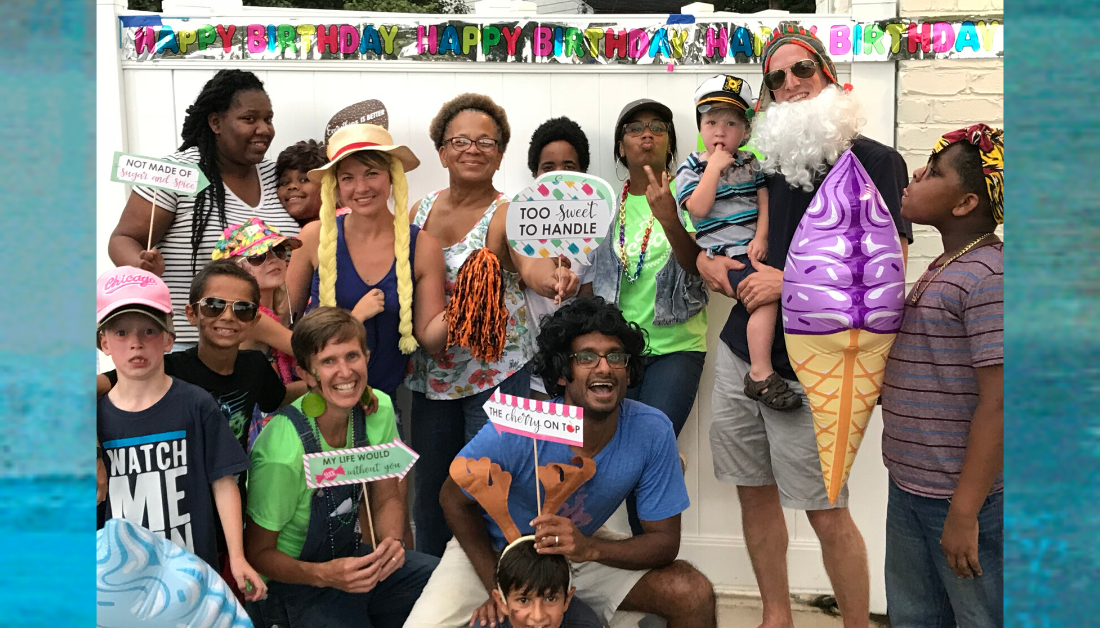
Healing from Racism
I now see more ways that God has called me into my life of cross-cultural living for both my healing and the healing of others. Lilla Watson is credited with saying, “If you have come here to help me, you are wasting your time. But if you have come because your liberation is bound up with mine, then let us work together.” I now affirm more deeply and truly (and with great tension!) that my liberation is bound up with the freedom and equality of the ones my privilege has harmed.
I believe that we are all sick with the disease of racism and resource hoarding, and that while we experience different symptoms of that disease, every single one of us needs healing. I believe God brought me to the inner city of Richmond to heal me, and that in receiving that gift of healing, healing will spread to others in my community.
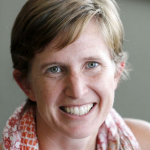 Lawson Wijesooriya lives in Richmond, VA with her husband, two sons, and others in pursuit of beloved community. She spends her days at soccer fields with her boys, leading her “house church” group, fighting for integrated public education, managing a small ice cream business, and working at expanding access to affordable housing in her neighborhood.
Lawson Wijesooriya lives in Richmond, VA with her husband, two sons, and others in pursuit of beloved community. She spends her days at soccer fields with her boys, leading her “house church” group, fighting for integrated public education, managing a small ice cream business, and working at expanding access to affordable housing in her neighborhood.
The other guest posts in this series focus on the long, slow work of healing that comes through the full participation of our heads, hearts, and hands.
If you haven’t already, please subscribe to receive regular updates and news. You can also follow me on Facebook, Instagram, and Twitter.

